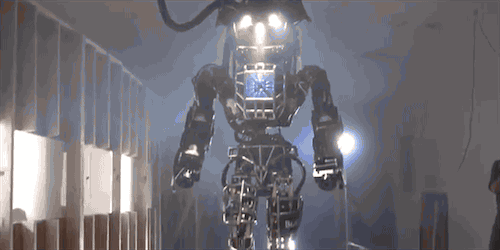Silicon Valley isn’t merely about money in the way of Wall Street, and it isn’t about power in the traditional sense. The true measure of success in the tech capital is impact, how many lives can be changed–allegedly for the better. It’s about the building of a huge and overarching mechanism that can’t be avoided. From “Tomorrowland: How Silicon Valley Shapes Our Future,“ Thomas Schulz’s Spiegel piece about the shift of influence from bankers to technologists and what that means:
The iPhone only made its appearance seven years ago, but most of us no longer remember what the world was like before. Driverless cars were considered to be a crazy fantasy not long ago, but today nobody is particularly amazed by them. All the world’s knowledge condensed into a digital map and easily accessible? Normal. The fact that algorithms in the US control some 70 percent of all trading on the stock market? Crazy, to be sure. But normal craziness.
Dozens of companies are trying to figure out how to use drones for commercial use, be it for deliveries, data collection or other purposes. Huge armies of engineers are chasing after the holy grail of artificial intelligence. And the advances keep coming. Machines that can learn, intelligent robots: We have begun overtaking science fiction.
The phenomenon is still misunderstood, first and foremost by policymakers. It appears they have not yet decided whether to dive in and create a usable policy framework for the future or to stand aside as others create a global revolution. After all, what we are witnessing is not just the triumph of a particular technology. And it is not just an economic phenomenon. It isn’t about “the Internet” or “the social networks,” nor is it about intelligence services and Edward Snowden or the question as to what Google is doing with our data. It isn’t about the huge numbers of newspapers that are going broke nor is it about jobs being replaced by software. It’s not about a messaging service being worth €19 billion ($21.1 billion) or the fact that 20-year-olds are launching entire new industries.
We are witnessing nothing less than a societal transformation that ultimately nobody will be able to avoid. It is the kind of sea change that can only be compared with 19th century industrialization, but it is happening much faster this time. Just as the change from hand work to mass production dramatically changed our society over 100 years ago, the digital revolution isn’t just altering specific sectors of the economy, it is changing the way we think and live.
This time, though, the transformation is different. This time, it is being driven by just a few hundred people.•
Tags: Thomas Schulz

